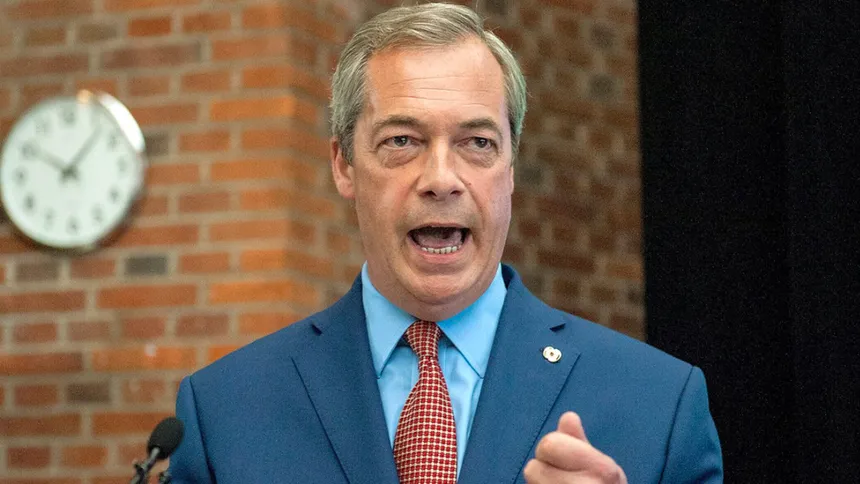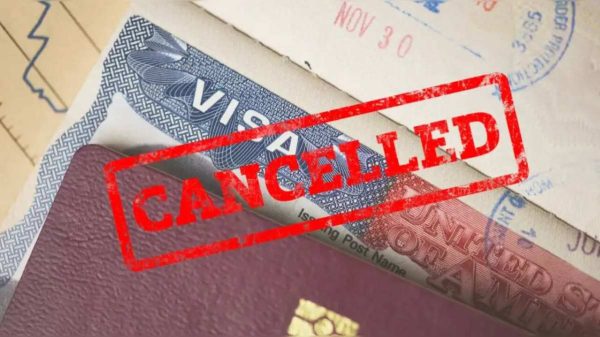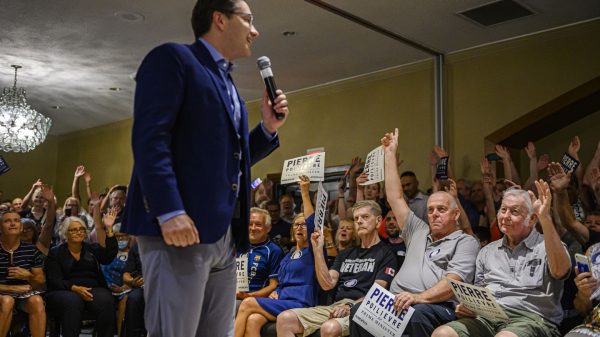Nigel Farage, the former leader of the UK Independence Party (Ukip) and current presenter on the GB News channel, has accused prestigious private bank Coutts of being “dishonest” in its treatment of his bank account. The dispute stems from the bank’s decision to close his account, citing that Farage did not meet the bank’s wealth threshold of borrowing or investing at least £1 million or saving at least £3 million. In a Twitter video, Farage claimed that Coutts never mentioned this threshold before, and that he was only offered a standard account with NatWest, the bank’s owner, after speaking publicly about the issue.
Farage’s account with Coutts was closed, and he alleges that nine other banks have refused to open accounts for him, citing his status as a Politically Exposed Person (PEP). As a PEP, Farage falls under the category of high public office holders or their family members, who are believed to pose a higher risk of abusing their position for personal gain. The UK’s Financial Conduct Authority (FCA) has issued guidance on the treatment of PEPs, emphasizing the need for extra due diligence in handling their accounts.
Farage’s accusations have sparked concerns about political discrimination in the financial services industry, with some arguing that freedom of speech is being denied to those with controversial political views. The UK’s Treasury has launched an investigation into the matter, asking the FCA to review its guidance on the treatment of PEPs and assess whether this guidance needs to be updated. Officials have also expressed concern about the reports, emphasizing the importance of free speech within the law and the legitimate expression of differing views.

Nigel Farage (Via Nigel Farage/Twitter)
Prior to the dispute, Coutts’ eligibility questionnaire on its website clearly outlined the bank’s wealth threshold for new customers. Farage had claimed that Coutts never mentioned this threshold during his 10-year tenure as a client, and that he now has “more money sitting on a current account” than before. His allegations have sparked a heated debate about political discrimination, freedom of speech, and the role of financial institutions in regulating political activity.
In light of these developments, it is essential for financial institutions to ensure that their policies and procedures are transparent, fair, and unbiased. As the UK’s Treasury has emphasized, it is critical to strike a balance between the right to free speech and the bank’s right to manage commercial risk. The government’s call for evidence aims to assess whether the current system is fair and whether changes need to be made to protect the rights of individuals with controversial political views.
Ultimately, the dispute between Nigel Farage and Coutts highlights the need for greater transparency and accountability in the financial services industry. As the debate surrounding political discrimination continues, it is crucial for financial institutions to respect the rights of individuals while ensuring that their policies are fair, transparent, and unbiased.











































